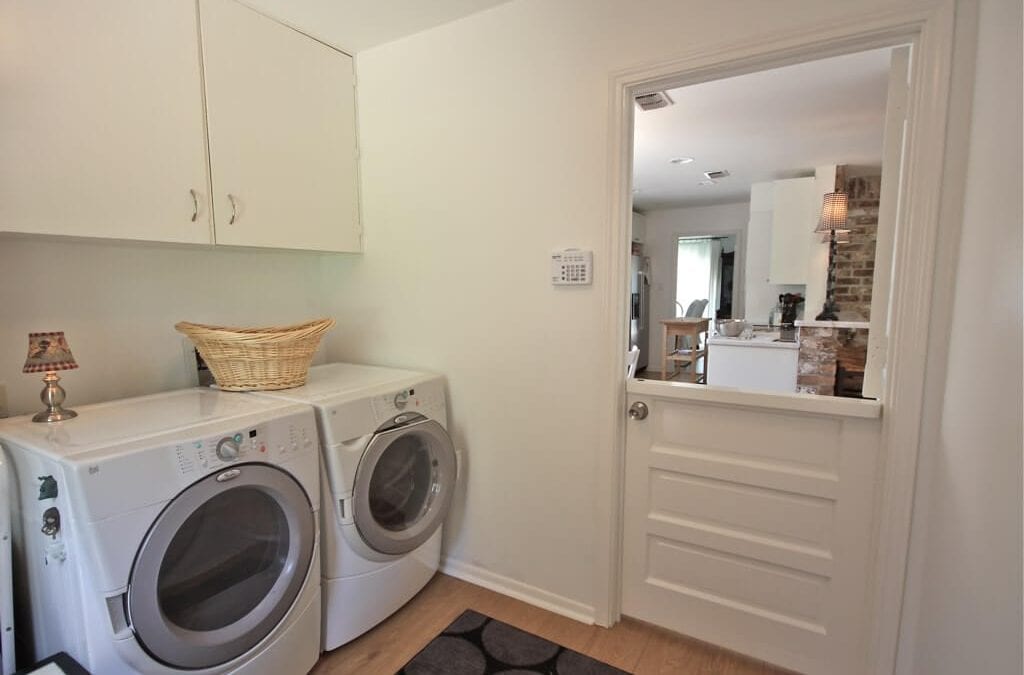Buying a home is a major investment. Along with managing maintenance, mortgage payments, pest control, and utilities, you should also know the condition and average lifespans of household appliances.
Many homeowners don’t evaluate their appliances when they purchase a home and, as a result, have to replace them within a short timeframe. When you know how long appliances should last, you can budget for their replacements.
Can You Extend the Lifespans of Household Appliances?
Like most things you buy, the quality of an appliance is determined by its price, brand, and model. That doesn’t mean that because something is lower in price, it’s not well made. Care and maintenance of a machine will still affect how long it will last. Here are a few tips to increase the life expectancy of appliances in your home.
Hire a Professional
Always use a professional for repair, maintenance, and moving. If your appliance is still under warranty, a factory-approved technician may be required in order to keep the warranty valid. This is especially important when it comes to more expensive appliances such as clothes washers, dryers, HVAC systems, and refrigerators.
Follow Manufacturer’s Guidelines
By following the manufacturer’s maintenance and operating instructions, you can extend the appliance’s lifespan and the likelihood it will run efficiently for many years. The guidelines will offer advice on care and cleaning and may recommend local service professionals.
Proper Use Will Help Extend the Lifespans of Household Appliances
Bad habits like overloading your washing machine or over-filling your freezer can reduce their lifespans. For maximum efficiency, always clean the dryer’s lint trap, use mild detergents to keep appliances clean, and keep up with regular servicing appointments.
How Long Should Home Appliances Last?
According to the National Association of Home Builders (NAHB), a gas range has a life expectancy of 15 years, the longest of any major kitchen appliance. Refrigerators are constantly getting better in design and technology. A standard refrigerator has a life expectancy of 13 years, and a freezer has a life expectancy of about 20 years.
An interesting point to remember is that most freezers only last about 11 years due to improper care and maintenance. The lifespans of your appliances will vary by brand and model.
Should You Repair or Replace?
A decision many homeowners face is whether or not to repair a broken appliance or simply buy a new one. If the breakdown is serious and the machine is older, purchasing a new appliance makes the most sense. Repairs can shorten the life expectancy of your appliances if they are done poorly or with generic parts. If possible, it’s best to purchase new appliances. Since they’re more efficient, you’ll also likely see lower utility bills.
Household appliances are designed for frequent use and are meant to last a long time. The best way to ensure an appliance’s longevity is to take care of it. You can get many years of service from a well-maintained appliance.
Winning Edge Home Inspections provides home inspection services in Columbia, SC. Contact us to request an appointment.

